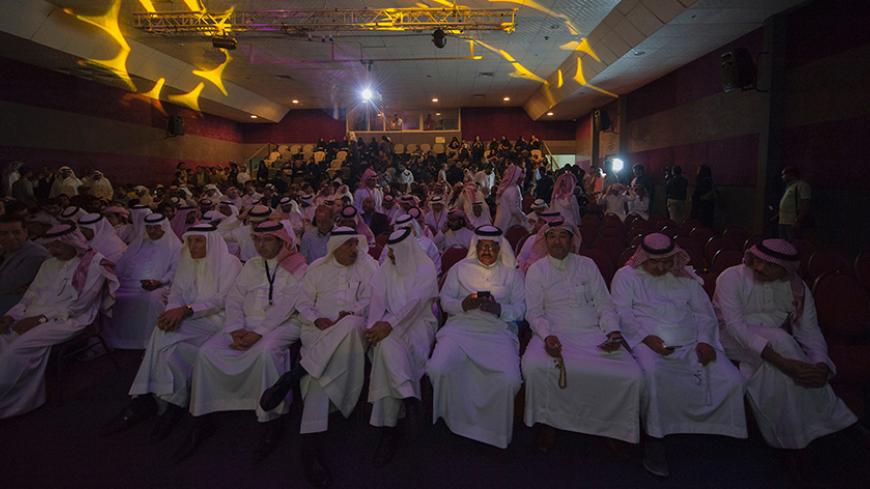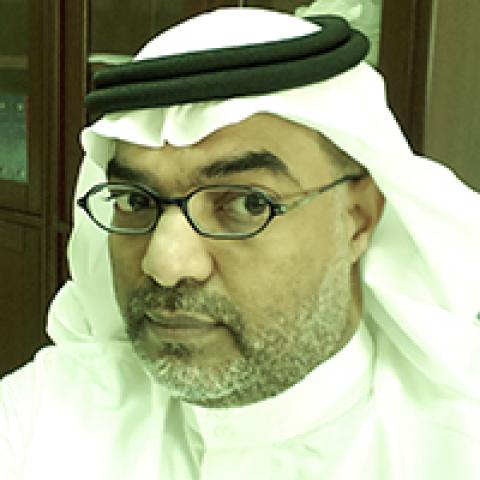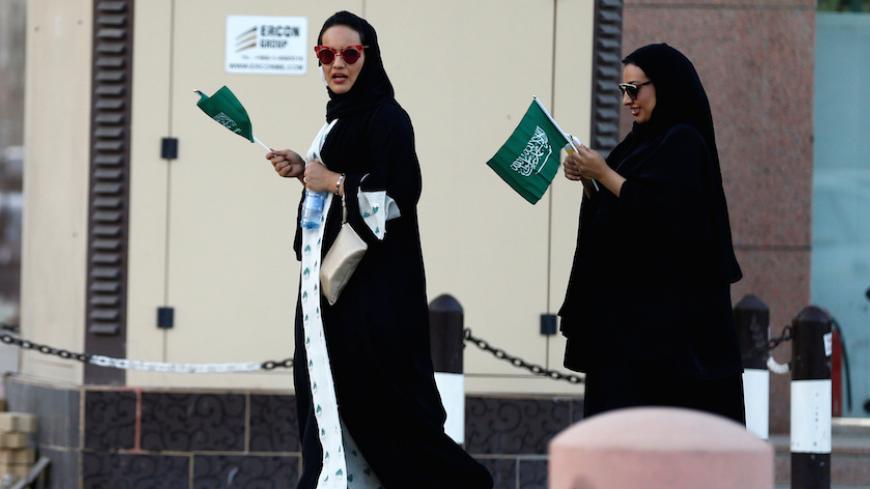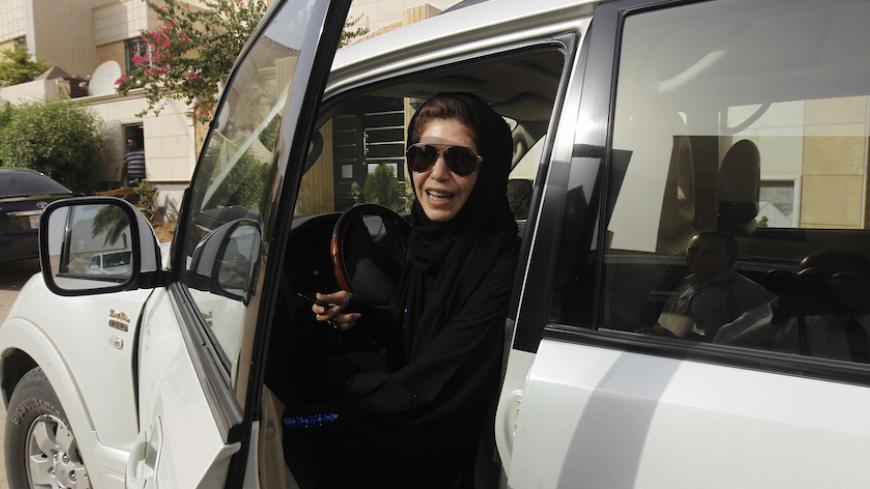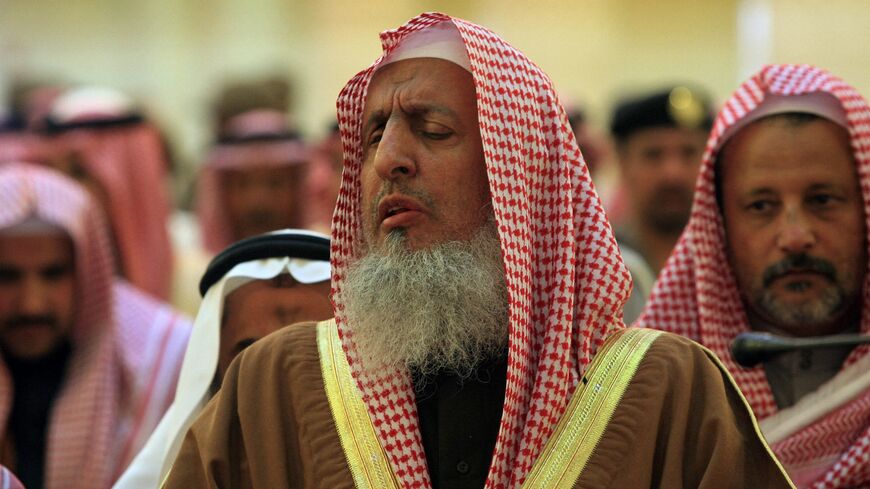![AFP_L95DA CORRECTION - Saudis attend a concert in Jeddah on January 30, 2017.
Saudi Arabia's "Paul McCartney" took to the stage as the kingdom seeks to boost entertainment despite religious warnings of "depravity." The performance was the first major concert in seven years in the kingdom's second city, according to Arab News.
/ AFP / Amer HILABI / The erroneous mention[s] appearing in the metadata of this photo by AMER HILABI has been modified in AFP systems in the following manner: [AMER HILABI] instead of [AMEER A](/sites/default/files/styles/article_hero_medium/public/almpics/2017/02/GettyImages-633149294.jpg/GettyImages-633149294.jpg?h=f7822858&itok=3OO8mbRc)
![AFP_L95DA CORRECTION - Saudis attend a concert in Jeddah on January 30, 2017.
Saudi Arabia's "Paul McCartney" took to the stage as the kingdom seeks to boost entertainment despite religious warnings of "depravity." The performance was the first major concert in seven years in the kingdom's second city, according to Arab News.
/ AFP / Amer HILABI / The erroneous mention[s] appearing in the metadata of this photo by AMER HILABI has been modified in AFP systems in the following manner: [AMER HILABI] instead of [AMEER A](/sites/default/files/styles/article_hero_medium/public/almpics/2017/02/GettyImages-633149294.jpg/GettyImages-633149294.jpg?h=f7822858&itok=3OO8mbRc)
Why AL-Monitor?
AL-Monitor is an award-winning media outlet covering the Middle East, valued for its independence, diversity and analysis. It is read widely by US, international and Middle East decision makers at the highest levels, as well as by media, thought and business leaders and academia.
Read by









Live news & notifications

Premier analysis of the Middle East

Live events & video

Specialized Newsletters

Big, exclusive interviews

ALM archives since 2012
![AFP_L95DA CORRECTION - Saudis attend a concert in Jeddah on January 30, 2017.
Saudi Arabia's "Paul McCartney" took to the stage as the kingdom seeks to boost entertainment despite religious warnings of "depravity." The performance was the first major concert in seven years in the kingdom's second city, according to Arab News.
/ AFP / Amer HILABI / The erroneous mention[s] appearing in the metadata of this photo by AMER HILABI has been modified in AFP systems in the following manner: [AMER HILABI] instead of [AMEER A](/sites/default/files/styles/article_hero_medium/public/almpics/2017/02/GettyImages-633149294.jpg/GettyImages-633149294.jpg?h=f7822858&itok=3OO8mbRc)
Subscribe for unlimited access
By becoming an Al-Monitor subscriber, you drive our team’s rigorous and independent journalism spanning the Middle East.
Continue

